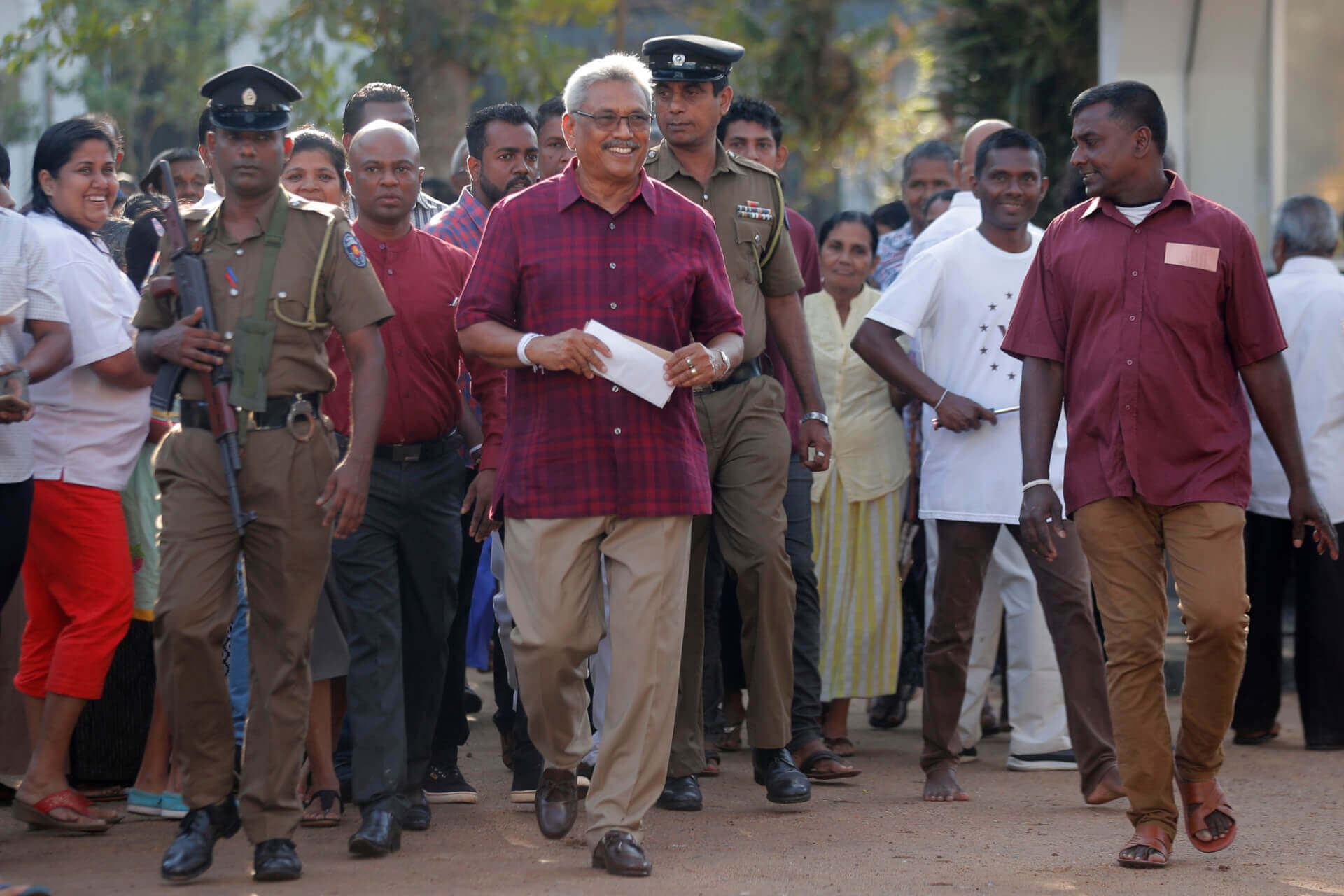The ongoing COVID-19 outbreak in Sri Lanka is being tackled with without a parliament in place. Instead, the situation is being overseen by the President and an “unelected caretaker government”. On March 2, President Gotabaya Rajapaksa announced his decision to dissolve the opposition-controlled Parliament six months ahead of schedule. The Sri Lankan National Election Commission (NEC) held an all-party meeting on Wednesday to decide on the viability of conducting the parliamentary polls on June 20, as scheduled. However, no changes were announced to the current schedule of the elections.
After the President used his executive powers to dissolve Parliament, the NEC scheduled the election for April 25. However, in light of the rising cases of COVID-19 on the island, the NEC indefinitely postponed the election and urged the President to seek the Supreme Court’s opinion on the constitutional implications of postponing the elections. Rajapaksa, however, denied this request as he believed this assessment to be the duty of the NEC, not of the courts. Hence, after facing pressure by the President to expedite the election process, the NEC, through a gazette notice on April 20, scheduled the election for June 20. This date, however, clashes with the constitutional imperative that requires the Parliament to reconvene within three months of its dissolution.
The opposition has been highly vocal in its scepticism of the decision to conduct the election on June 20 as they believe the atmosphere to be inconducive for free and fair elections. Opposition leaders have also emphasised on the need to reconvene the parliament sooner in light of the COVID-19 outbreak. They suggest that rather than rescheduling elections, the President must use his discretionary powers to resume Parliament with the legislators elected in the previous elections, thereby avoiding another constitutional crisis. However, the President ruled out this possibility saying that the action suggested by the opposition is outside the ambit of his powers.
The motives guiding Rajapaksa’s eagerness to rush through the elections is quite clear from his decision to hold off imposing a nationwide lockdown until one day after the candidate nominations. He has often expressed his inability to work freely due to the restrictions on his power caused by the 19th Constitutional Amendment. The amendment, which was implemented by Maithripala Sirisena, Rajapaksa’s predecessor, reduced the President’s powers and distributed it between the Parliament and independent commissions. A major hindrance for Rajapaksa to pass amendments, either to the 19th Constitutional Amendment or otherwise, is the minority-controlled Parliament. Any constitutional amendment requires a two-thirds majority to be passed. Rajapaksa’s party does not currently hold a two-thirds majority in Parliament. Therefore, a fresh election could bring a favourable change in this dynamic.
Assuming that the health emergency does not subside by June 20, the President has two options– to either rescind the March 2 decision and restore the Parliament that was elected in 2015, or to temporarily summon the parliament in light of the emergency situation under Article 70 (7) of the Constitution. However, with the President repeatedly refusing to reinstate the previous Parliament, Sri Lanka is likely to face another constitutional crisis.
Image Source: The New York Times
Sri Lankan President Struggles to Expedite National Election Amidst COVID-19 Outbreak
May 15, 2020

